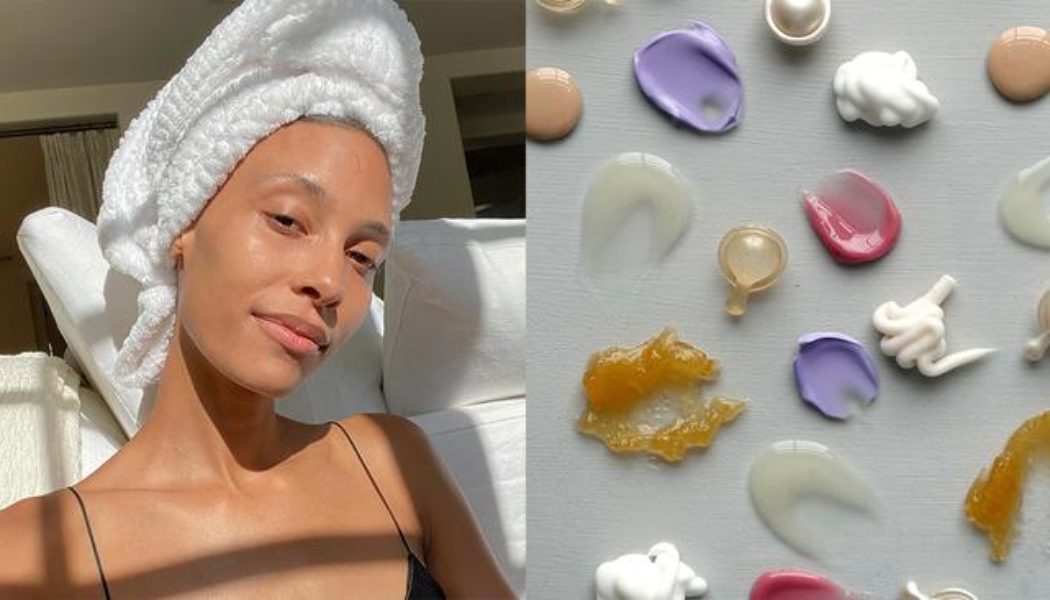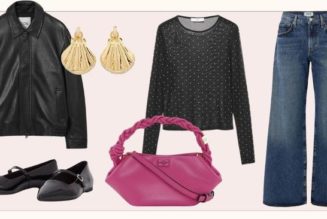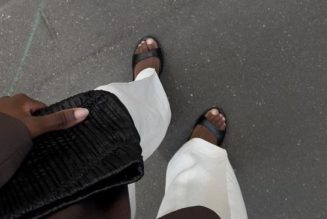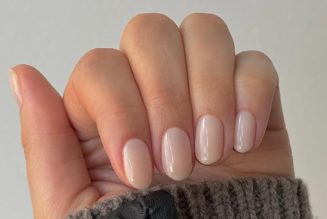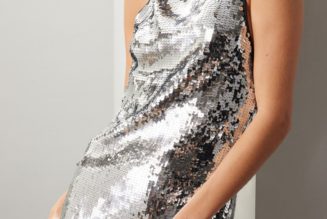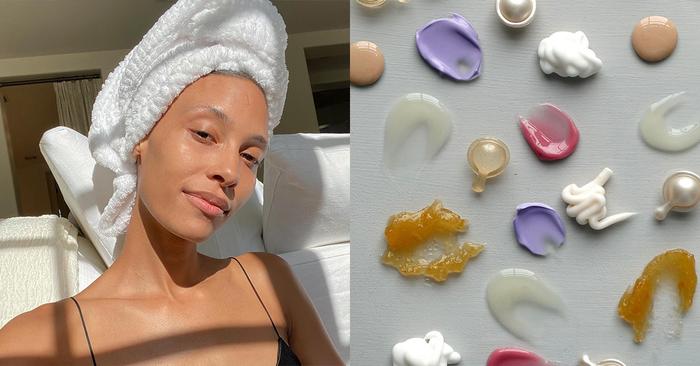
Retinal (AKA retinaldehyde) is another form of vitamin A. Unlike retinol, which is two steps removed from retinoic acid, retinal is one step removed, meaning your skin converts it from retinal to retinoic acid as it gets to work on your skin. Like retinol, you can also buy skincare products containing retinal over the counter. “It is a closer precursor to tretinoin than retinol—only one conversion is required to become tretinoin—and theoretically should have at least as much benefit as retinol,” says Dr Beibei Du-Harpur, dermatologist at Skin + Me. “Retinaldehyde has only been developed for use in cosmetic skincare products more recently, so there is technically less clinical research demonstrating its effectiveness as an anti-ageing or anti-acne product. Anecdotally, it appears to be better tolerated than many retinol formulations,” she says.
As such, retinal is ideal for those who haven’t previously got on well with retinol formulations, are yet to try tretinoin or find tretinoin too strong for their skin. “Retinaldehyde and retinol are both good options for those who struggle to tolerate tretinoin or wish to try something gentler first,” adds Du-Harpur. “However, I would caveat that there are gentler and less gentle retinol and retinaldehyde options, so ultimately how they perform does come down to the specific formulation and product.” For example, some formulations may feature a lower dosage, and some products might have encapsulated technology, meaning the ingredient is released gradually, which reduces the chance of irritation.

